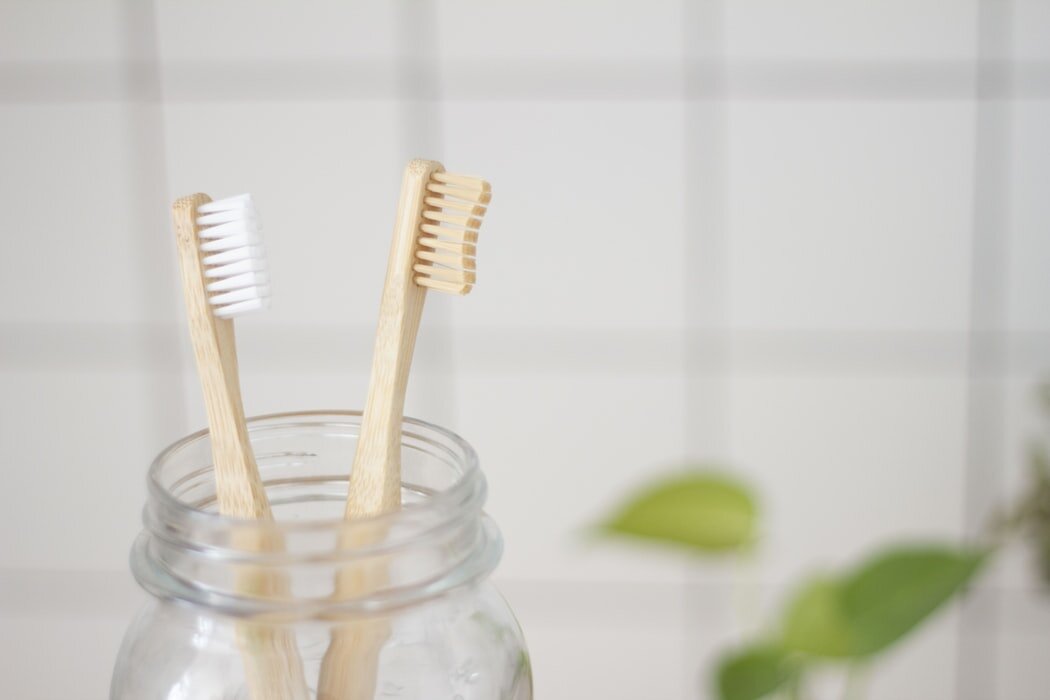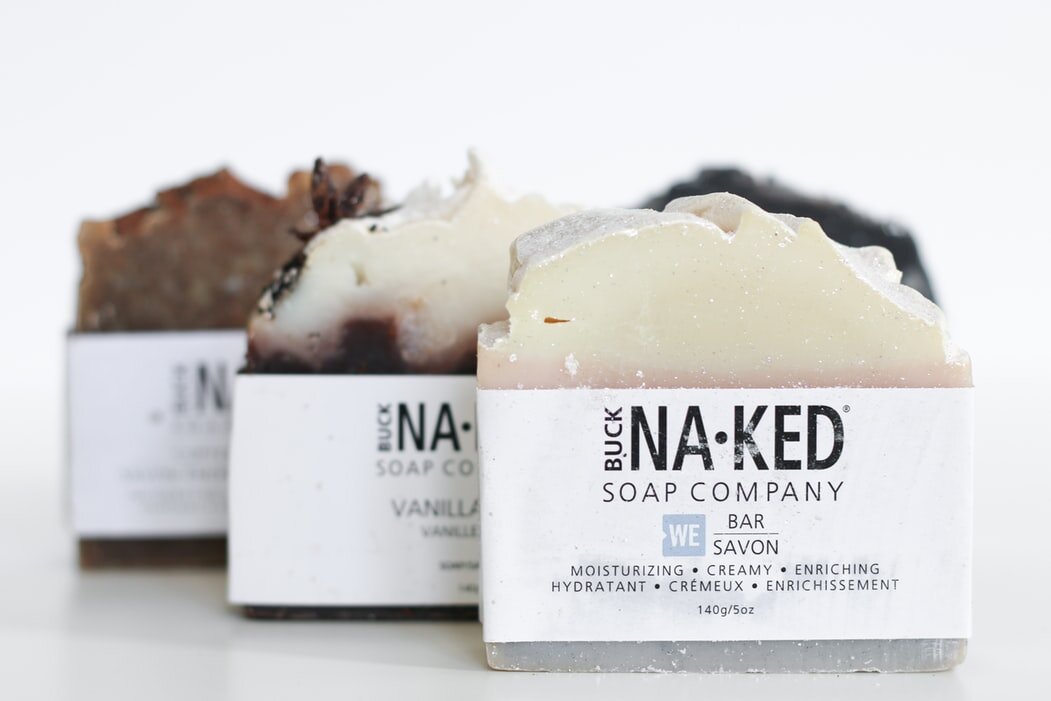How to be eco-friendly on a budget?
Last update: February 15th 2022
Adopting more conscious and eco-friendly habits is necessary, but is it possible to do it if you live on a budget? Absolutely! Find out these five steps on creating a sustainable lifestyle that is simple and affordable.
If you’re minimally interested in eco-friendly living, you’ve probably browsed some products at a store or read a bit on the subject. Also, you’ve probably thought that some sustainable products are a bit on the pricier side.
I’ve been there myself. Even though I’ve purchased some eco-friendly products during the past couple of years, I still find some zero waste products a bit expensive. Especially when I think there’s no value for money.
Yes, a menstrual cup is more expensive than a pack of sanitary pads. But if you do the math on the number of times you’ll be able to re-use it (days, months, years), you’ll quickly find out that five years of sanitary pads would cost much more than that. See it as a long-term investment instead of a recurrent expense.
On the other hand, a small box with three sample solid bars (soap, shampoo, and conditioner) with a 20 euros retail price can’t fall under the same category exactly. Right?!
Do you have to spend a lot of money to be eco-friendly?
Not. There are plenty of ways to be more mindful of the environment. Some of these don’t involve spending money.
It is more important to create an imperfectly perfect conscious living that suits your needs and current lifestyle (work, schedule, and money) than trying to be the perfect zero wasters and failing just a couple of days later.
1- Be realistic
Set up realistic goals. Yes, we all want to save the environment and leave a better planet for our children, but we can’t change our entire lifestyle overnight. That is not possible.
Change takes time, and consistency is vital.
Start by planning one single swap per month. A simple one and see how it sticks into your day. How hard is it to incorporate this new habit into your day? How many times have you forgotten about it? Feel free to use your calendar or a goal planner to check your progress.
Don’t know where to start? If you’re new to eco-friendly living, taking a tote bag with you the next time you go shopping or getting a bamboo toothbrush might be an excellent place to start.
2- Use what you already have
Using a pre-loved item is always better than buying a brand new one, even if this means giving it a whole new purpose.
Glass jars from store-bought products, old Tupperware containers, tote bags, or a reusable water bottle that you received as a freebie a while ago.
Yes, some of these items might not look that eco-friendly at first sight. But they are. Because they already existed on the planet (and in your life). So, it wasn’t produced because of product demand. Also, all these items will allow you to save money while paving your way towards a more conscious living.
No, I am not saying that you must not buy anything at all. You’ll probably have to. You don’t need to buy everything or make a considerable investment to start with.
3- Say ‘No’ to the things you don’t need
How many times have you taken home a freebie you don’t need? Or accepted a promotional flyer while leaving the metro station? Probably, more than you’d like to admit.
By refusing these items, you’ll avoid bringing clutter to your home. Also, if many people start saying no to these goodies, whoever is offering that freebie will have to produce fewer units in the long run, and fewer resources will be used.
I know that saying ‘no’ isn’t that easy, especially if you’ve spent most of your life saying yes to things that you wanted to say no to. It takes a bit of practice. But you’ll feel good when you get along with your will. And yes, some people will find it unusual that you don’t want something free.
4- Sell or donate what you no longer use
Even though you might consider yourself a minimalist, there are probably a couple of things lying around your house that you haven’t used for quite some time now.
Decluttering your home will help you save time and money first because you’ll spend less time cleaning and organizing your space. Second, because you’ll probably stumble across things you’ve no longer thought you owned.
You can sell on Facebook groups or mobile apps where you can sell second-hand goodies. Or donate these to a local shelter.
5- Need some zero waste products? Check your local supermarket
As you incorporate some eco-friendly practices in your life, you’ll probably find the need to buy a couple of things, especially when it’s time to replace some of your old products, like shampoo, toothbrushes, toilet paper, etc.
Even though big corporations still have a long road ahead regarding eco-friendly products and practices, we are starting to see the light at the end of the tunnel.
Some of the most common eco-friendly products are becoming available at most supermarkets.









